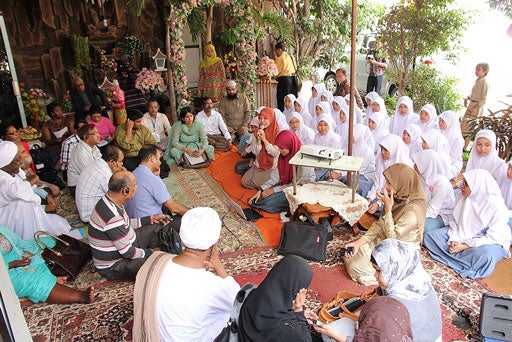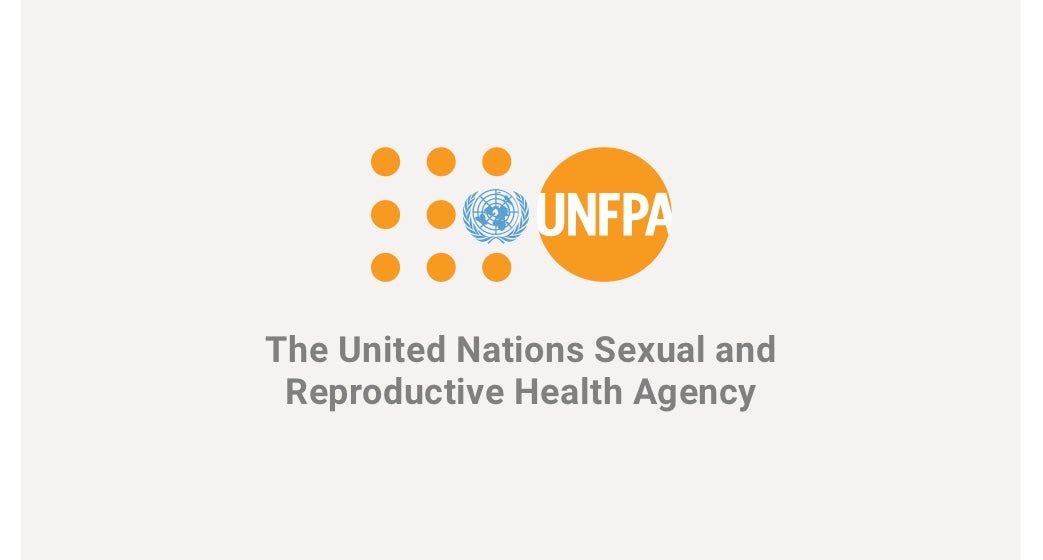South-South and Triangular Cooperation

Indonesian young women engaged in a discussion with international experts
and policymakers visiting Indonesia. © UNFPA Indonesia
South-South and Triangular Cooperation (SSTC) is a development and humanitarian programming modality mandated by the Member States of the United Nations as articulated in numerous international agreements and UN General Assembly resolutions. Countries in the global South have gained considerable knowledge and experience from decades of national development progress and international development assistance, which they can then share with other countries in the global South through SSTC. The mandates include the Buenos Aires Plan of Action for Promoting and Implementing Technical Cooperation Among Developing Countries (BAPA), the International Conference on Population and Development Programme of Action and the 2030 Agenda for Sustainable Development, as well the current Quadrennial Comprehensive Policy Review of the UN General Assembly.
At UNFPA, we view SSTC not merely as compliance to our mandates but as an innovative strategy well entrenched in our Strategic Plan as one mode of engagement. The independent formative evaluation of SSTC and academic research found that SSTC provides tangible and measurable returns of investments in terms of direct programmatic results and knock-on effects that include inter-country peace and harmony.
Examples of SSTC initiatives that UNFPA facilitated include:
- Sexual and reproductive health: With country office support, Indonesia provided training and advocacy for family planning services in more than 20 countries. Among the many participants in this ongoing programme are Muslim religious leaders who support the advocacy.
- Census and population data: The regional office in East and Southern Africa coordinated the sharing of knowledge, technology and other resources in the conduct of the census in countries of the region.
- Gender equality: With country office facilitation, Brazil partnered with Mozambique in raising capacities of national institutions to promote gender equality and empower women.
- Youth empowerment: The Eastern Europe and Central Asian regional office leveraged the capacity of Bulgaria’s Peer Education Training and Research Institute (PETRI-Sofia) in raising the capacity of youth leaders and government institutions in more than 50 countries across four continents using an innovative peer-to-peer modality.
How we work with partners
UNFPA has deep experience in engaging with national agencies in the Global South or North, philanthropic institutions and/or civil society organizations for SSTC. UNFPA’s role as neutral broker and provider of technical support optimizes the potential of a successful partnership. UNFPA also promotes SSTC in relevant international forums while documenting and sharing knowledge of SSTC solutions and successful practices. UNFPA recognizes centres of excellence, which are institutions with proven capacity, sustainability and commitment to pursue SSTC partnerships with like-minded organizations for shared or individual goals.
SSTC good practices
For a comprehensive overview of SSTC initiatives that UNFPA facilitates, a compendium of SSTC good practices documented by UNFPA country and regional offices as well as those from other UN agencies can be found on the inter-agency platform for SSTC solutions exchange, South-South Galaxy. Browse through UNFPA practices or search by keywords or name of organizations involved. Within each documentation, you will find the contact information for the practice owners. Click the platform name to access UNFPA’s SSTC good practices.
Contact us
To seek partnerships or help us in advancing SSTC, please contact the UNFPA office most convenient to you or the Inter-Country Cooperation Office (ICCO) at UNFPA HQ at icco.office@unfpa.org.






